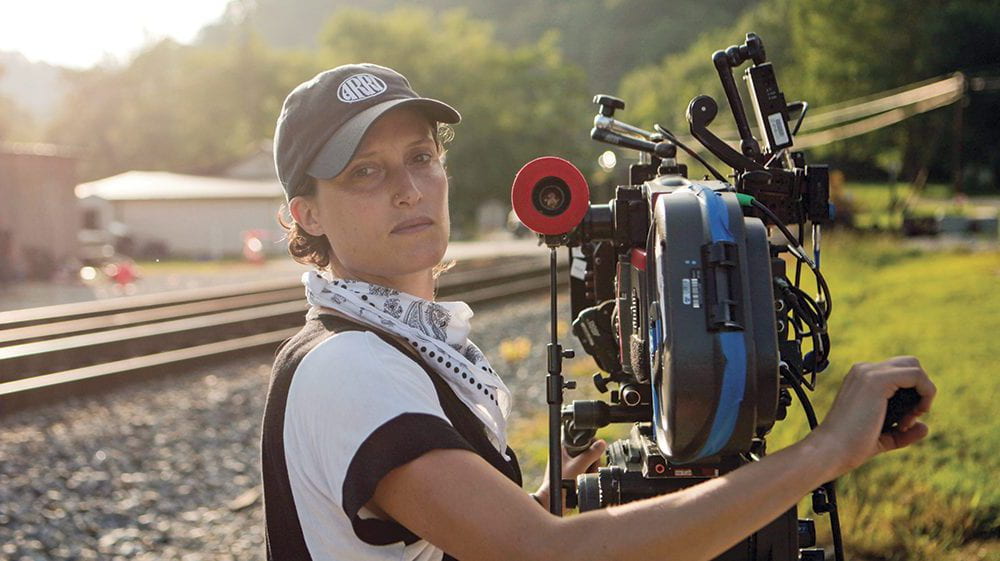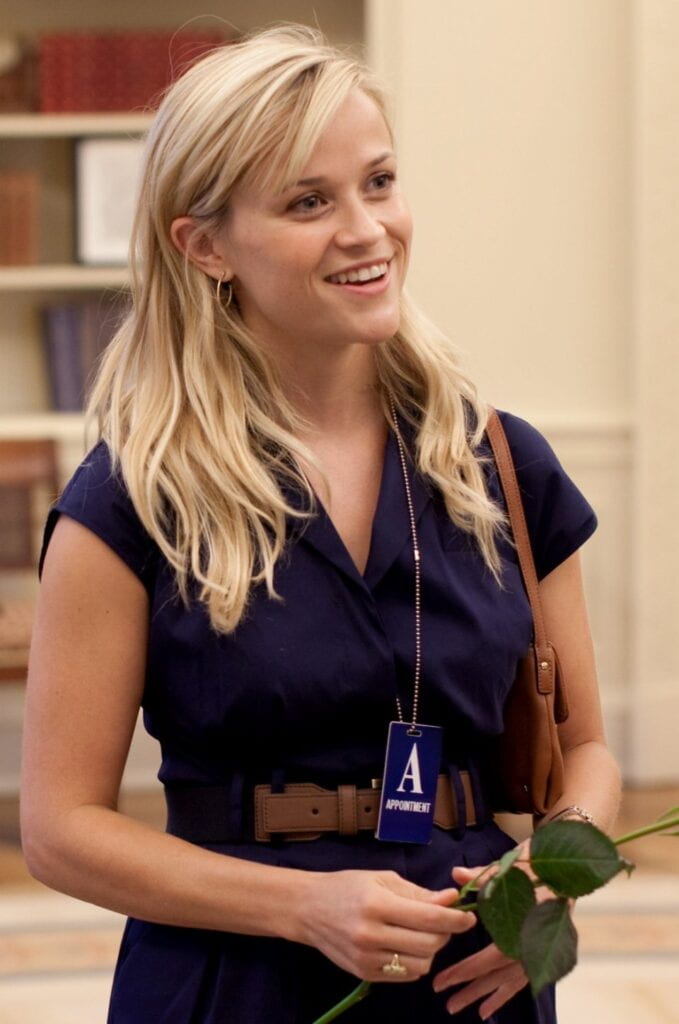Rachel Morrison: Oscars-Bound for Mudbound
Emma Levine, Editorial Staff Writer
For the first time in the Oscars’ 90 years, a female cinematographer’s work behind the camera is in the spotlight. In an awards season focused on equality and fair treatment in the entertainment industry, Rachel Morrison’s Oscar nomination for her work on director Dee Rees’s Mudbound stands out: she is the first woman ever nominated for Best Cinematography.
In the context of historical gender inequality in the field of cinematography, Morrison’s nomination is even more commendable. In 2016, women made up only five percent of cinematographers in the top 250 domestic-grossing films. The President of the American Society of Cinematographers, Kees Van Oostrum, has recognized the fact that “There was a built-in idea historically and culturally that women were not cinematographers. That was a man’s job.”
In contrast to this male-centric standard, Morrison has identified an ideal future of gender inclusivity in cinematography. “Part of the problem is that we’re always categorized as female DPs. It would be so nice to get to a point where when you say ‘DP’ it’s like ‘doctor’ or ‘teacher’ and you think of either gender. But because we are an anomaly there’s a tendency to create a sub-category.”
Morrison’s work on films such as Mudbound, Black Panther, Fruitvale Station, and Dope actively pushes against the idea that female cinematography should only be a sub-category or that cinematography is a male sphere. As the cinematographer for Mudbound, Morrison faced and overcame a wide variety of challenges, such as a short shooting schedule and difficulties related to weather and location, not to mention combating large amounts of mud.
The quality and impressive scope of her work on Mudbound prepared her for the challenges of being the cinematographer on the Marvel blockbuster Black Panther (her second collaboration with Ryan Coogler after working with him on Fruitvale Station in 2013). Drawing upon research and her own experiences, Morrison advocated for crisp, vibrantly colored shots to amplify the story.
As a Film and TV graduate from NYU’s Tisch School of the Arts, Morrison had few female cinematographers to look up to when she was in school. “For the better part of fifteen years, there were no new women in the field.”
Yet she is also encouraged by an increase in the numbers for the next generation of filmmakers – and she thinks it’s about time. Only through representation and increased visibility will aspiring female filmmakers feel hopeful about succeeding in their future careers.
For Morrison, her nomination for Mudbound was a dream come true, both for her own professional goals and for the careers of other female cinematographers. “I really hope that it opens the door for more women to believe that they can do it and follow their dreams and become cinematographers. I think that once you see 50% of us [in the industry], you’ll see a lot more nominations this time of year.”
Morrison’s success and newfound visibility embodies the motto of the Geena Davis Institute of Gender in Media: “If she can see it, she can be it.” Morrison and other female cinematographers are paving the way for aspiring female filmmakers to share their unique perspectives with the world.


